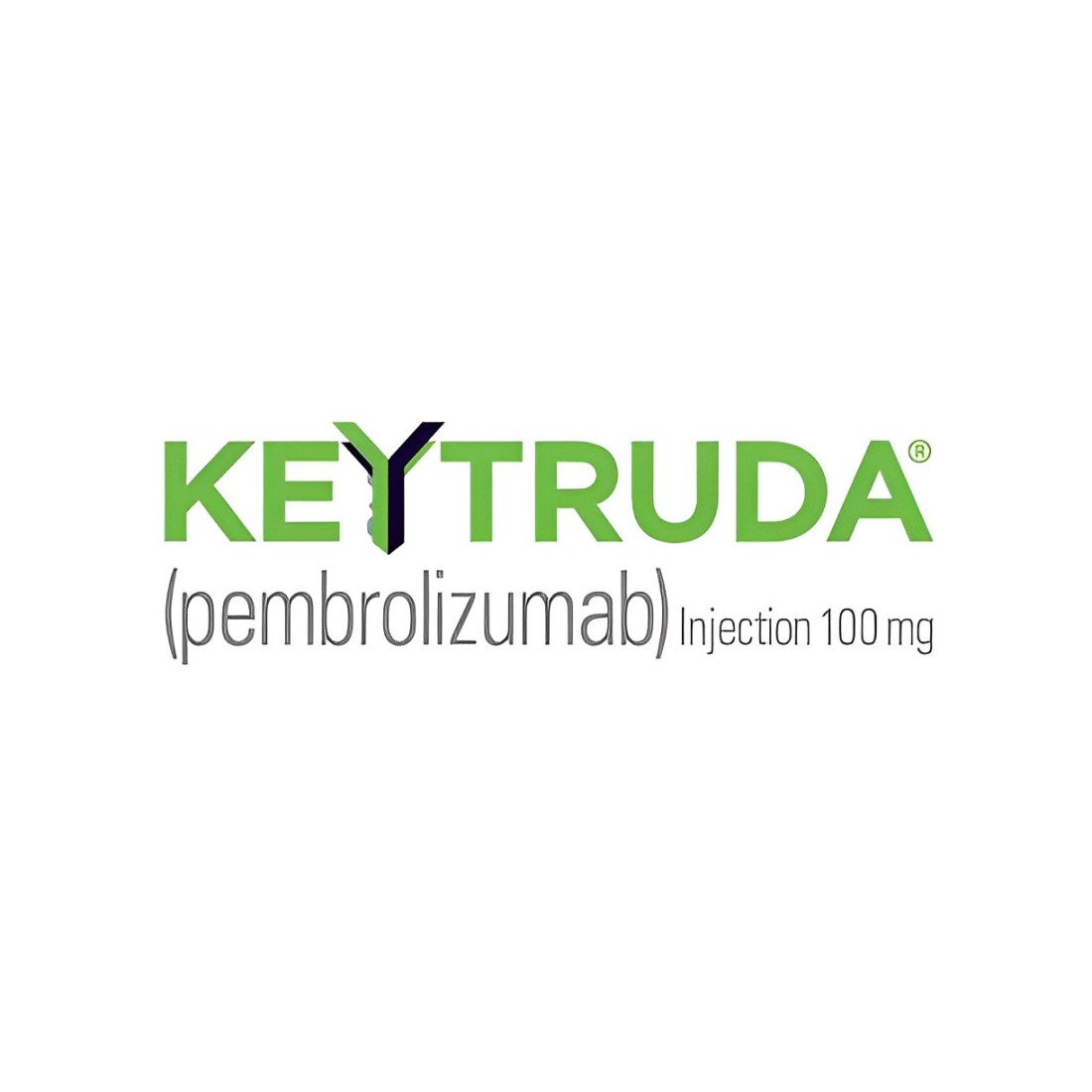FDA Approves KEYTRUDA Combo For Advanced Lung Cancer Treatment
Merck's KEYTRUDA approved with chemotherapy for first-line treatment of advanced pleural mesothelioma.
Breaking News
Sep 19, 2024
Mrudula Kulkarni

Merck (NYSE: MRK), known as MSD internationally, has
received approval from the U.S. Food and Drug Administration (FDA) for its
immunotherapy, KEYTRUDA, in combination with pemetrexed and platinum-based
chemotherapy. This treatment is now cleared for first-line use in adults with
unresectable advanced or metastatic malignant pleural mesothelioma (MPM), a
type of cancer affecting the lining of the lungs.
The FDA's approval was supported by results from the pivotal
Phase 2/3 IND.227/KEYNOTE-483 trial. This study showed that adding KEYTRUDA to
chemotherapy led to a 21% reduction in the risk of death (HR=0.79 [95% CI,
0.64-0.98]; p=0.0162) compared to chemotherapy alone, with a median overall
survival (OS) of 17.3 months for the combination treatment versus 16.1 months
for chemotherapy alone.
Dr. Gregory Lubiniecki, vice president, oncology clinical
research, Merck Research Laboratories, said in a statement “We’re pleased to
offer a new first-line treatment option for adult patients with unresectable
advanced or metastatic malignant pleural mesothelioma, a disease where
prognoses are generally poor. This milestone underscores our commitment to
advancing research for patients with difficult-to-treat tumors.”
Progression-free survival (PFS) also improved, with the
combination therapy demonstrating a hazard ratio of 0.80 (95% CI, 0.65-0.99;
p=0.0194) and a median PFS of 7.1 months, matching that of chemotherapy alone.
Furthermore, the overall response rate (ORR) was notably higher for the
KEYTRUDA combination at 52% compared to 29% with chemotherapy alone
(p<0.00001). The side effects observed in patients with MPM were consistent
with those seen in other patients treated with KEYTRUDA and chemotherapy.
Serious or even fatal immune-related side effects can arise
during or after treatment with KEYTRUDA, potentially affecting multiple organs
or systems at once. These reactions can occur at any time and may involve
conditions like pneumonitis, colitis, hepatitis, endocrinopathies, nephritis,
skin disorders, organ transplant rejection (including solid organ and corneal
grafts), and complications following allogeneic hematopoietic stem cell
transplants. The immune-related risks listed here do not cover all possible
severe outcomes.
Prompt recognition and management of these adverse effects
are crucial for the safe use of KEYTRUDA. Depending on the severity, treatment
may need to be paused or discontinued, with corticosteroids administered if
necessary. Additionally, KEYTRUDA can lead to severe or life-threatening
infusion reactions and, due to its mode of action, may cause harm to a fetus if
given to a pregnant woman. For more detailed safety information, refer to the
“Selected Important Safety Information” section below.
